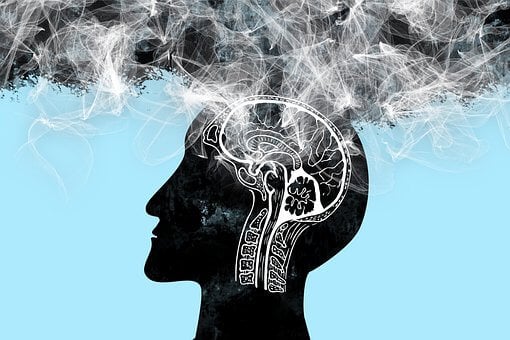A comprehensive new study reveals that cognitive abilities, physical health, and lifestyle choices as early as age 60 can strongly predict a person’s likelihood of developing dementia two decades later, offering crucial insights for prevention and preparation.
Published in RAND Corporation Research Report | Estimated reading time: 4 minutes
For the 58 million Americans over 65, understanding dementia risk factors has never been more critical. Through analysis of an extensive national dataset spanning multiple decades, RAND researchers have uncovered patterns that could reshape how we approach brain health across our lifespans.
The landmark research, led by senior economist Peter Hudomiet, examined 181 potential risk factors using data from the Health and Retirement Study, which has tracked approximately 20,000 older adults since 1992. The findings paint a complex picture of how our life choices and circumstances influence cognitive health.
Lifestyle choices at age 60 emerged as significant predictors. Physical inactivity, obesity, and lack of engagement in hobbies all increased dementia risk. Geography also plays an unexpected role – individuals born in the Southern United States showed higher rates of dementia, even when controlling for other factors.
Notably, while Black, Hispanic, and lower-income individuals showed higher risks of developing dementia, these disparities largely disappeared when controlling for education and income levels. “This work provides additional evidence about actions that individuals can take to pursue a lifestyle that promotes brain health across the lifespan,” Hudomiet explains.
The research revealed that early detection spurs protective actions. When individuals received a dementia diagnosis, 25% sought financial assistance from their children, compared to just 2% of those without a diagnosis. Many took proactive steps even before formal diagnosis, suggesting an awareness of cognitive changes.
Cost remains a significant barrier to early detection. While 80% of surveyed Americans would undergo cognitive assessment if free, this number drops by half when faced with a $300 price tag. However, 60% expressed willingness to pursue treatment if it could help maintain independence for an additional three years.
Glossary
- Cognitive Assessment
- A medical evaluation that tests memory, problem-solving, and other thinking skills to detect signs of cognitive decline.
- Disease-Modifying Therapy
- Treatments that target the underlying causes of dementia rather than just managing symptoms, typically most effective in early stages.
- Health and Retirement Study
- A long-term research project tracking health, economic, and social factors among 20,000 older Americans since 1992.
Test Your Knowledge
What percentage of Americans over 65 currently receive cognitive assessments during routine primary care visits?
Only 16% of people aged 65 or older receive cognitive assessments during routine primary care visits.
How many potential risk factors did the RAND researchers examine in their study?
The researchers analyzed 181 potential risk factors for dementia.
How do racial and ethnic disparities in dementia risk change when controlling for education and income?
While Black and Hispanic individuals showed higher initial risk, these disparities largely disappeared when controlling for education and income levels.
What percentage of diagnosed individuals sought financial help from children, and how does this compare to baseline behavior?
25% of individuals with a diagnosis sought financial help from their children, compared to only 2% of those without a diagnosis – a 12.5-fold increase in help-seeking behavior.
Enjoy this story? Subscribe to our newsletter at scienceblog.substack.com.
If our reporting has informed or inspired you, please consider making a donation. Every contribution, no matter the size, empowers us to continue delivering accurate, engaging, and trustworthy science and medical news. Independent journalism requires time, effort, and resources—your support ensures we can keep uncovering the stories that matter most to you.
Join us in making knowledge accessible and impactful. Thank you for standing with us!

